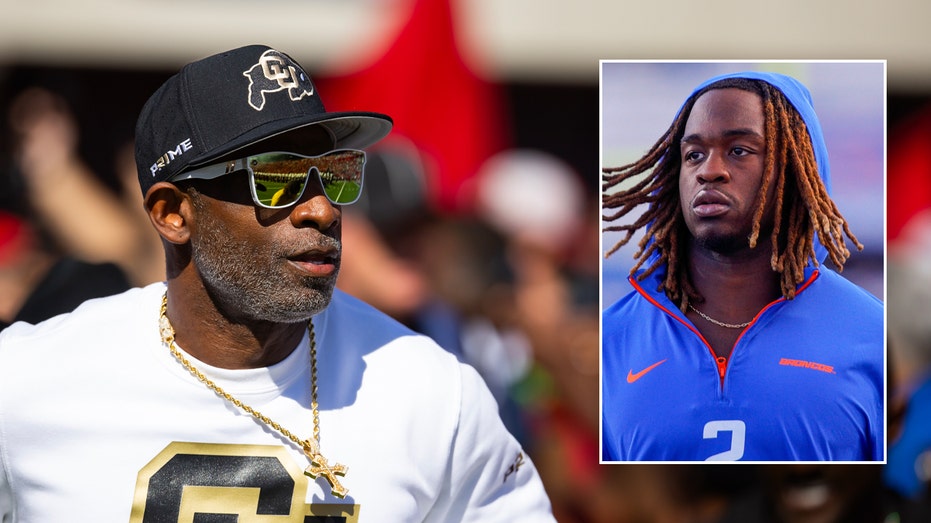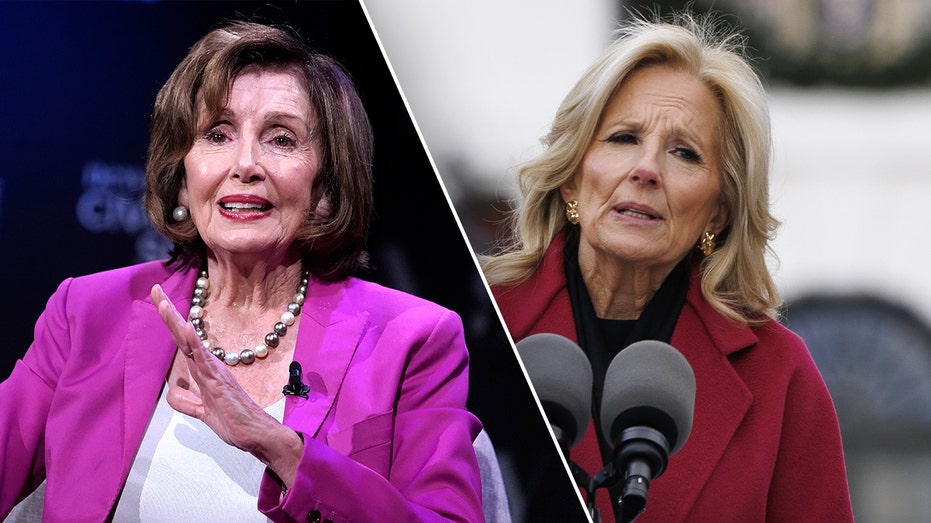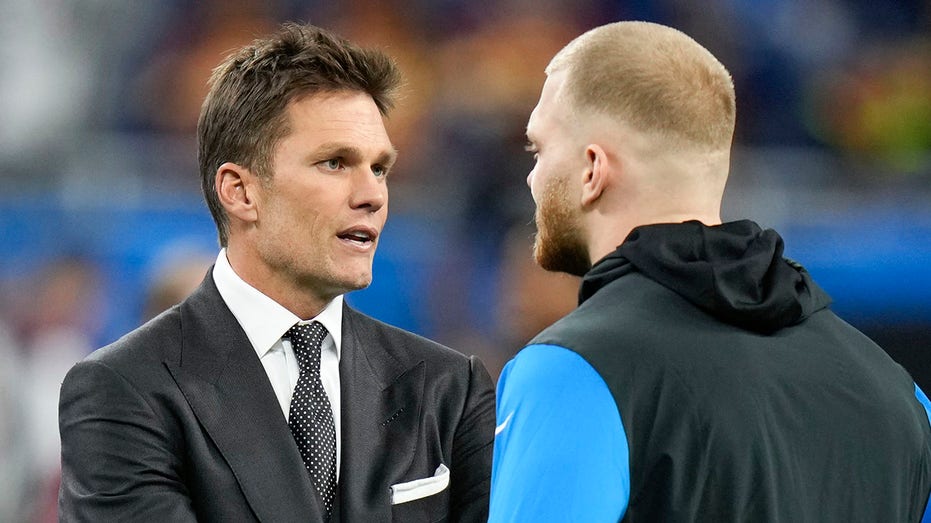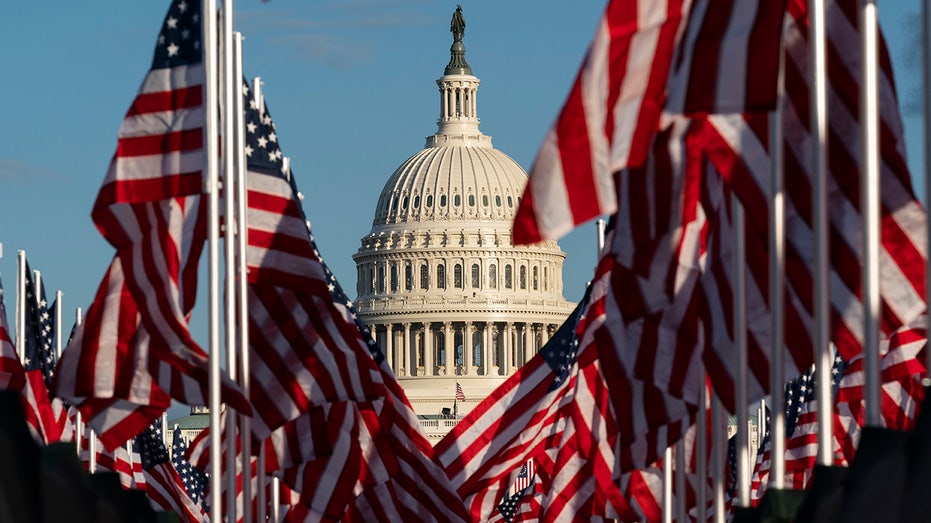- by foxnews
- 20 Jan 2025
‘His was the slow way to freedom’: Russia says farewell to Mikhail Gorbachev
‘His was the slow way to freedom’: Russia says farewell to Mikhail Gorbachev
- by theguardian
- 04 Sep 2022
- in news

The Pillar Hall in the House of the Unions is a grand old ballroom where Soviet leaders are put on display when they die. Nearly a century ago, the body of Vladimir Lenin lay in state for three days before his funeral. Stalin and Brezhnev followed. Now Mikhail Gorbachev is here, pale in a spotlit coffin: the last Soviet leader finally being laid to rest.
Vladimir Putin is not here, a snub that the Kremlin has said was a result of his busy work schedule. Yet thousands of Russians have come to pay their respects, lining up past the downtown theatres and trendy cafes, each person a reminder that Mikhail Gorbachev still remains a hero to some.
"He did a lot, but people now in our country hate him," Vladimir Gubarev, a retired journalist who lined up on Saturday morning, bearing a few carnations, told the Observer. "People want to be happy fast. Immediately. The way of Gorbachev was the slow way to freedom, to real freedom. And he didn't have enough time."
For many, coming to the hall was both an act of appreciation and one of defiance to honour the memory of a leader who brought new freedoms and hastened the collapse of his own country. "He was a great man, so immediately after his death people say good words about him," said Gubarev. "But only after he is gone. Because while he was alive, he was dangerous. He was the enemy."
A diehard communist who saw the failings of the Soviet system, Gorbachev lost control of his reforms and watched the USSR he sought to save collapse. The next 30 years launched a battle over his legacy, one that saw his relationship cool with Putin, who has set a course to reverse many of the reforms Gorbachev initiated in the late 1980s. He was a famously divisive figure among Russians: Pizza Hut even filmed an advertisement in 1997 featuring a family quarrelling over his legacy.
"He liked to say that history was a fickle lady and you never knew which way it would turn," said Pavel Palazchenko, a former interpreter who worked with Gorbachev for decades and is now the head of his press office.
"He did understand that there were quite a few people who blamed him in Russia for the dissolution of the Soviet Union; he didn't believe that criticism was unfair," said Palazchenko. "It is the blame game, the slanderous, ignorant accusations, that he rejected. He drew a line."
While Putin was absent from the funeral, the Russian state was not. A military guard in dress uniform stood by a portrait of Gorbachev as mourners entered the House of the Unions, and national guards patrolled the halls of the 18th-century mansion.
A hush fell as people entered the wood-and-marble Pillar Hall, where light operatic music was playing and the lights were dimmed, save for a spotlight on Gorbachev's coffin. Mourners shuffled past, some leaving flowers or bowing in reverence, others stopping to take a photograph. Family members and some dignitaries, including the Nobel prize-winning journalist Dmitri Muratov, were seated nearby. Mourners were hustled past a cadre of soldiers in parade uniform, bayonets fixed to their rifles, and back out into the world. The whole process took about two minutes.
There was an undercurrent of tension: this was probably the largest gathering of liberal Russians in the capital since the anti-war protests that broke out after the invasion in late February. Many there were in protest, although public dissent has virtually disappeared from the country.
"It's been six months since so many decent people have been together in one place," said Alexei, an amateur photographer who attended the ceremony. He asked that his last name not be used due to safety concerns.
Those close to Gorbachev said that he had been in personal agony over the events in Ukraine in the last months of his life but that he had held back from taking a more public role because of his declining health.
"He felt acute pain when these things were mentioned. That I can tell you definitely," said Palazchenko. Gorbachev had personally approved a statement by his foundation that called for an "early cessation of hostilities and immediate start of peace negotiations", Palazchenko added.
Still, Gorbachev's own legacy complicates matters. The former Soviet leader told an interviewer in 2016 that he supported Putin's actions in Crimea, and, with his health declining, his own voice was conspicuously absent as the scale and brutality of the war in Ukraine became clear.
"They did not understand very simple things. And we couldn't say things about his health that have become quite clear now."
Outside, the war seemingly hung over the funeral. A banner on the new stage of the Bolshoi Theatre read: "We will fulfil the mission!" It bore pro-war symbols, including the patriotic orange-and-black Ribbon of Saint George as well as the Vs and Zs that have become symbols of the invasion.
When asked how Gorbachev should have responded to the war, Sergei Truba, a pensioner at the ceremony, said: "He had already done the main thing required in his life." When asked what he meant, he replied: "Perestroika." As to the war, he added, "his voice wouldn't have made any difference. He could not have changed this."
- by foxnews
- descember 09, 2016
Travel tips for attending Trump's inauguration in DC: expert weighs in
Washington, D.C., has been gearing up for travelers ahead of Inauguration Day on Jan. 20, bringing Americans to the nation's capital as President-elect Trump returns to the White House.
read more


